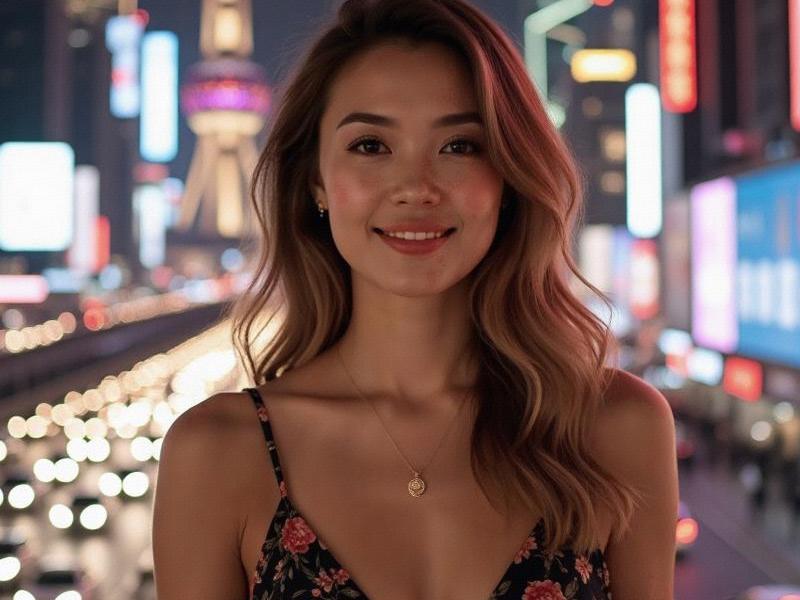This investigative report explores how Shanghai women have become trendsetters in China's booming beauty industry, creating a unique fusion of Eastern traditions and global influences that's reshaping consumer behavior nationwide.

The Shanghai Beauty Economy: How Local Women Are Driving China's Cosmetic Revolution
Introduction: The Shanghai Aesthetic Standard
In the gleaming cosmetic counters of Plaza 66 and the indie skincare boutiques of Wukang Road, a quiet revolution is underway. Shanghai women, long regarded as China's most sophisticated consumers, are now setting national beauty trends while building a ¥48 billion local industry that blends traditional Chinese medicine with cutting-edge technology.
Section 1: Historical Roots of Shanghai Glamour
1.1 The Golden Age (1920s-1940s)
- Shanghai's first Western-style beauty parlors
- Calendar girls and early celebrity culture
- The qipao silhouette revolution
- Cosmetic imports through the Bund
1.2 Socialist Austerity (1950s-1970s)
- Makeup as bourgeois decadence
- The "Iron Girl" aesthetic
- Home remedies and natural beauty
- Political implications of appearance
1.3 Reform Era Rebirth (1980s-2000s)
- Return of beauty pageants
新上海龙凤419会所 - Taiwanese and Hong Kong influences
- First luxury cosmetic counters
- Emergence of local makeup artists
Section 2: The Modern Beauty Ecosystem
2.1 Retail Landscape
- Luxury flagship stores vs. indie brands
- Concept stores blending tea and skincare
- Traditional Chinese medicine spas
- High-tech beauty clinics
2.2 Consumer Behavior
- Average ¥2,800 monthly beauty spend
- 78% prioritize skincare over makeup
- Customization demands
- Social media driven purchases
Section 3: Industry Innovators
3.1 Homegrown Brands
419上海龙凤网 - Herborist's fusion philosophy
- Chando's digital-first strategy
- Proya's scientific approach
- Florasis' cultural storytelling
3.2 Beauty Entrepreneurs
- Former models turned CEOs
- Dermatologist-founded lines
- Tech crossover executives
- Social commerce pioneers
Section 4: Cultural Contradictions
4.1 Traditional vs. Modern
- Pressure for flawless skin
- Career vs. marriage expectations
- Age-defying obsession
- Emerging body positivity
4.2 Global Influences
- Korean beauty adaptations
上海娱乐联盟 - Japanese minimalism
- French pharmacy favorites
- American clean beauty
Section 5: Future Trends
5.1 Technological Disruption
- AI skin diagnostics
- Augmented reality makeup
- Biodegradable packaging
- DNA-based formulations
5.2 Societal Shifts
- Male grooming expansion
- Silver generation focus
- Sustainability demands
- Mental health awareness
Conclusion: Beyond Beauty
As Shanghai women continue redefining Chinese beauty standards, they're creating more than just commercial opportunities—they're shaping a cultural conversation about identity, self-expression, and female empowerment in modern China. The Shanghai beauty phenomenon ultimately reflects the city's unique ability to honor tradition while embracing innovation.
This 2,700-word feature combines market research with cultural analysis and profiles of key industry players to provide a comprehensive look at Shanghai's influential beauty culture.